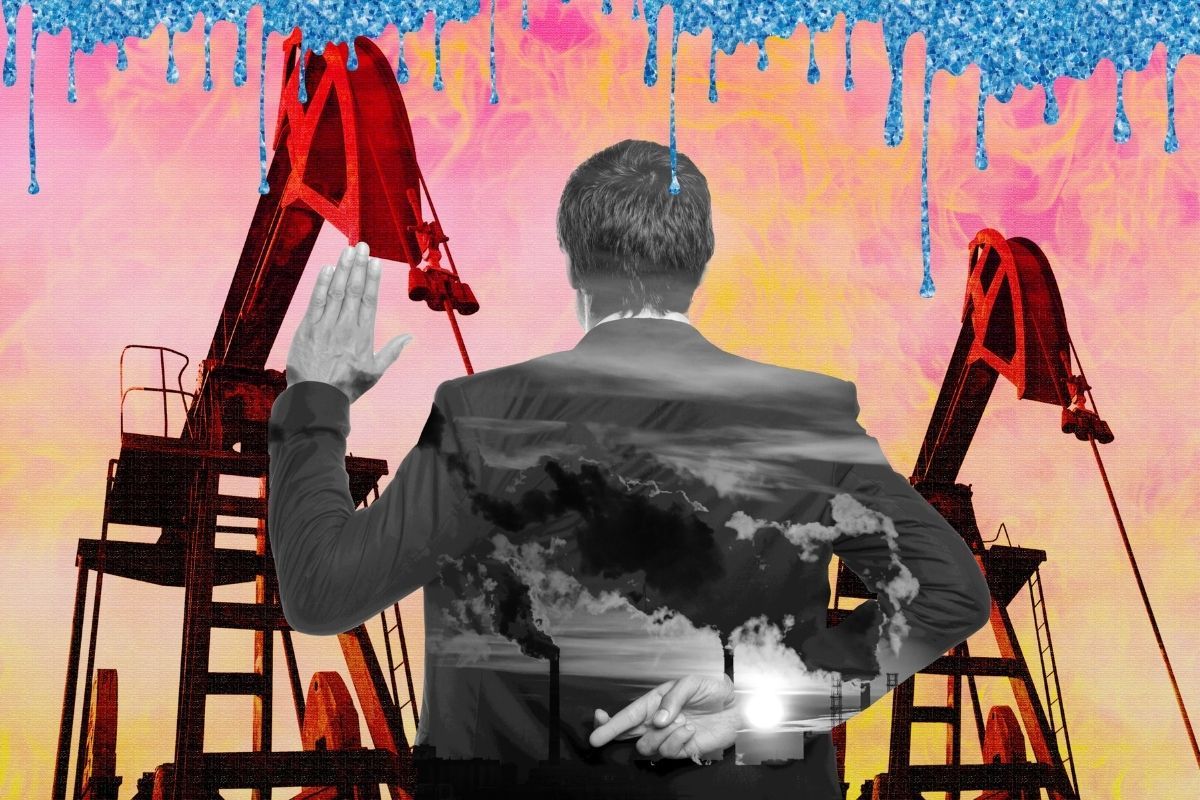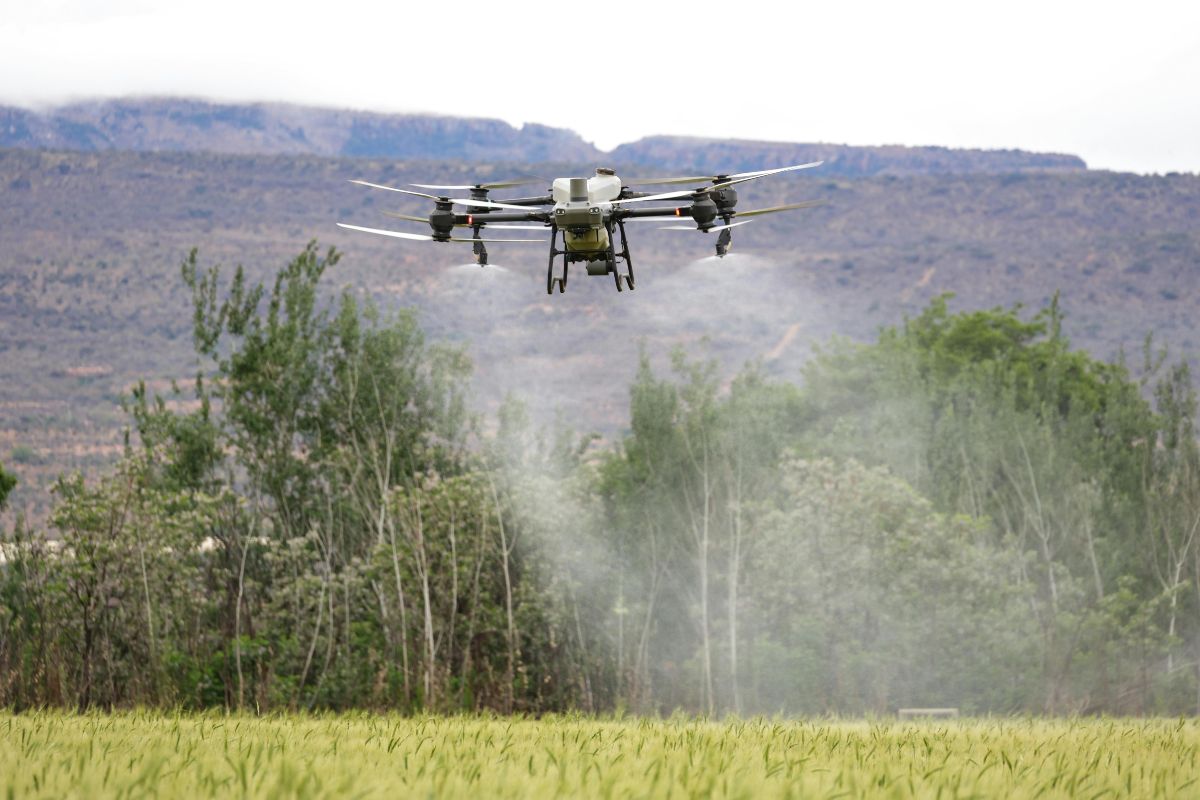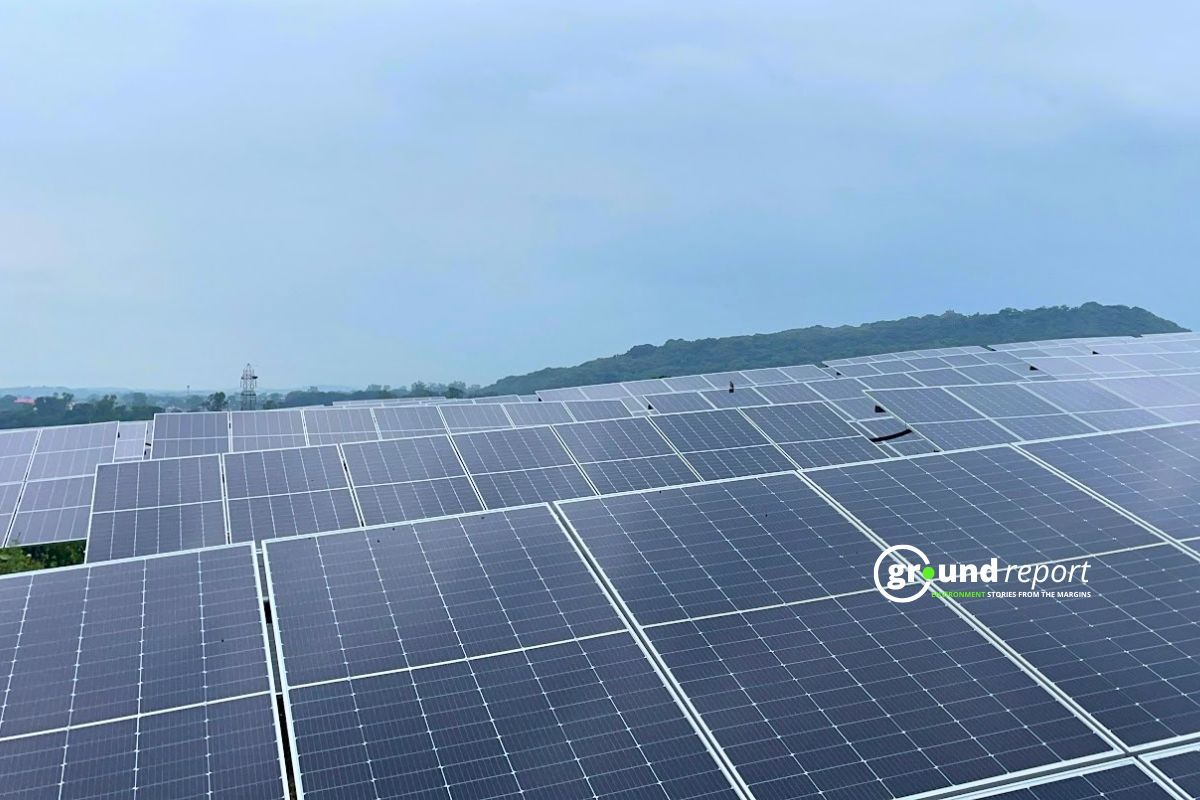The Climate Action Against Disinformation Coalition (CAAD) is releasing Extreme Weather, Extreme Content: How Big Tech Enables Climate Disinformation in a World on the Brink as the annual UN climate negotiations get underway today, hosted for the third year in a row by a nation with a questionable human rights record.
The report demonstrates how social media companies have failed to protect the public from “super-spreaders” of false narratives while also taking millions from Big Oil to run fossil fuel propaganda advertisements reinforcing demand for climate-changing activities.
Big Tech fuels climate disinformation for fossil fuel profits
“2024 will likely be the hottest year on record, with extreme weather—heatwaves, wildfires, hurricanes, drought-causing global havoc,” said Kate Cell of the Union of Concerned Scientists. “The fossil fuel industry and its political allies are using climate disinformation to maintain their profits and lock the world into a dangerous future. We must act swiftly to reduce global warming emissions and stop Big Tech from enabling and profiting from climate disinformation.”
Information integrity can be improved by efforts like the UN Global Principles and Global Digital Compact, and legislation like the EU’s Digital Services Act that address climate disinformation holistically while removing the economic incentive to spread disinformation.
-
Despite years to clean up their platforms, Big Tech still allows a few “super-spreaders” to pollute them with debunked claims attacking renewable energy and electric vehicles. One X/Twitter user gained 1750x more followers since March 2023.
-
Disinformation operations like the allegedly Russia-funded tenant media are exploiting extreme weather events to fuel opposition to climate policies and, recently threatened violence against emergency response personnel.
-
Eight fossil fuel advertisers paid Meta at least $17.6 million for over 700 million impressions in the past year.
“For the third year running, CAAD has documented millions of dollars of fossil fuel advertising around COP,” said CAAD Intelligence Unit Coordinator Sean Buchan. “While the world meets to keep the Paris Agreement promise, the fossil fuel industry pollutes the information ecosystem. A fossil fuel ad ban is imperative to protect public health and accelerate climate action.”
Disinformation worsens climate, Big Tech & Big Oil blamed
Climate change made extreme weather events worse worldwide in 2024, and false online content made the public’s response difficult. From conspiracy theories about wildfires clearing land for renewables to viral claims endangering US Federal Emergency Management Agency workers, the threat of unchecked disinformation is undeniable.
Past climate communications assumed that increased awareness of extreme weather and climate change would lead to greater concern, but Big Oil and Big Tech are reframing those events into opposition to climate action.
Social media companies are reducing transparency by shutting down data access and making it harder for researchers to quantify the disinformation problem on their platforms, leaving policymakers in the dark.
With Extreme Weather, Extreme Content, CAAD is making it clear that the digital information landscape is dangerously polluted and will keep getting worse until we hold Big Tech accountable for letting Big Oil and disinformation spread harmful false content.
Support us to keep independent environmental journalism alive in India.
Keep Reading
Why some people think climate change is a Hoax?
Chennai schools close as heavy rains continue, more expected
Disinformation tops global risks 2024 as environmental threats intensify
15 big lies of so-called climate activist Licypriya Kangujam and her family
Follow Ground Report on X, Instagram and Facebook for environmental and underreported stories from the margins. Give us feedback on our email id greport2018@gmail.com.
Don’t forget to Subscribe to our weekly newsletter, Join our community on WhatsApp, and Follow our YouTube Channel for video stories.






